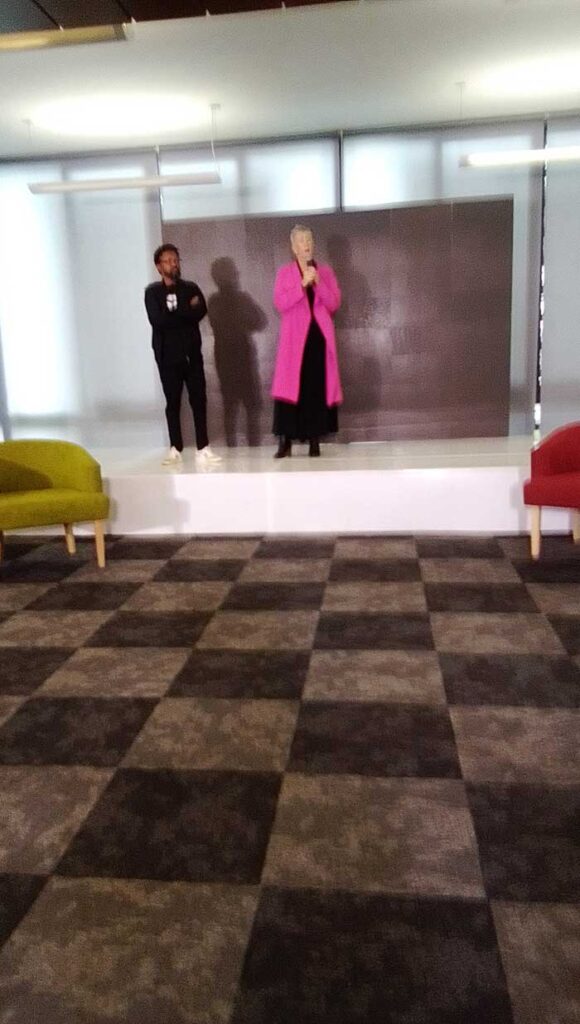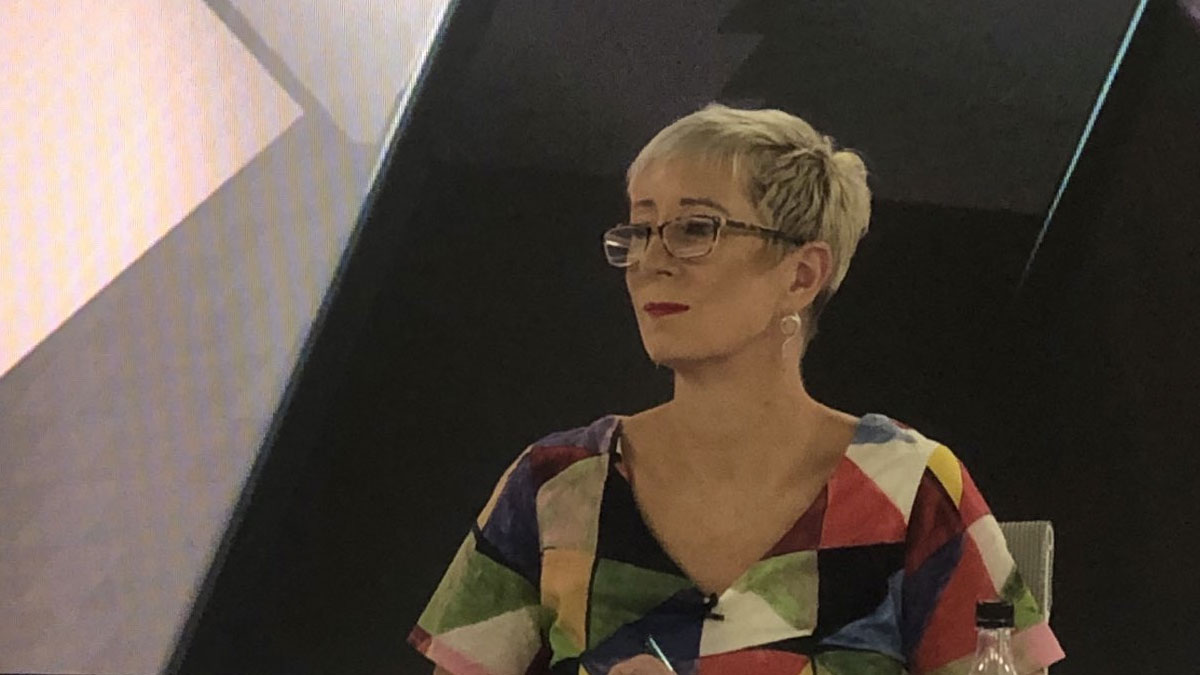New film screened during Human Rights Festival at Con Hill about R350 social grant raises critical questions
By Edward Tsumele, CITYLIFE/ARTS Editor
The issue of giving particularly young people, both unemployed and unemployable government grants has always been a subject of intense discussions among South Africans for years now. So far however no universal agreement has been reached.
The search for a final solution continues and the debate whether or not grants should be continued rages on especially because of the question of affordability and the ethics of giving people money who are not contributing to the economy.
Some associate such assistance with stigma, while others argue that for a country such as South Africa, which is clearly and visibly wealthy, with a section of society living first world lifestyles while the majority wallow in poverty, some form of social grants is necessary to cushion such vulnerable sections of society from the vagaries of life.
Those who believe in this line of argument even go further and argue that actually for social stability and to achieve social cohesion, it is in the interest of everyone to reduce the levels of poverty and desperation for a significant portion of the population.
Dishing out grants is one such solution, they argue. Interestingly some economists also believe that for a country that is struggling with issues of economic growth, to stimulate the economy, the government can engineer this by giving money to the poor majority and therefore increase demand for goods and services for which the poor will pay for using this cash from government.
One such economist is prominent economist Duma Qubule. Qubule was among an audience that came to watch. A Decent Path on the R350 Grant and The Call for Universal Basic Income. The documentary film surveys the lives of a number of people who started receiving the R350 grant from government since the Covid-19 induced lockdown was implement from 2020.

There has since been an extension of this R350 grant in 2023. And according to this documentary, which was screened at Constitution Hill on Saturday, March 25, 2023 during this year’s Human Rights Festival, which featured Uzwano Hip hop Festival created for teenage artists from Hillbrow to express themselves through music, graffiti art and other entertainment related workshops, among other festivities, lives of those featured in the documentary improved for the better. Those featured, all either unemployed or youth out of school, all said indeed the grant helped to improve their lives and those of their families.
In some cases, the grant helped them to look for jobs ”in town” as well as start small businesses. However almost all the interviewees admitted that they experienced problems with the way the grant system was administered by government. “I received the grant for two months and it stopped. When I asked through the free line provided, I was told that the grant was stopped because I was receiving some income from somewhere. Receiving income from somewhere, where?” One of the interviewees asks. He was not the only one whose grant was stopped without a convincing reason given.
“I must say that the subject of social grants is one of the most studied and written about in this country. I became a convert of not only a grant but Universal Basic Income Grant that covers even those who are employed but do not earn that much. We used economic modelling that demonstrates that If the Universal Basic Income Grant is implemented for three years, it will cost around R500 billion. While this is a huge amount of money, about 60 % of it goes back to the government in several ways, such as income tax and VAT for example. Demand for goods and services also increases and therefore this results in economic growth,” Qubule explained pulling out figures to back up his argument.
UNICEF and Social Policy Initiative a Non Profit research organisation sponsored the filming of the documentary film produced by filmmaker Diliza Moabi. Among other experts it features are Christine Muhigana, Country Representative, UNICEF South Africa, Isobel Frye, Executive Director of SPI, Lindiwe Zulu, Minister of Social Development, and academics from Wits and University of Cape Town.
But after watching this documentary with this audience, do I think that finally there is unanimity about dishing out grants unconditionally to unemployed and unemployable South Africans? Not really. Let alone the Universal Basic Income Grant as advocated for by Qubule and others.
This subject has not been finally laid to rest and am sure people in the Treasury Department are less inclined to be enthusiastic about the debate on this subject. However it is an important subject that needs to be debated and some sort of consensus reached, especially because hunger will continue to bite a good portion of the South African population.
Unemployment will continue to be a feature of the country, especially with a sluggish economic growth and the gap between the rich and the poor continuing to grow and the spectre of social instability remaining a constant threat to the hard fought for democracy.
Despite some technical hiccups that affected the smooth viewing of the documentary with some voices of especially the two academics from Wits and UCT muted at critical points in th4e documentary, A Decent Path on the R350 Grant and The Call for Universal Basic Income, raises important and critical questions about why and how the country should engage on the contentious issue of social grants.
This is however the beginning and more engagements involving civil society organisations, authorities and academics and policy makers must be held till a solution is reached and implemented. Maybe finally a better life for all shall be achieved, who knows.










